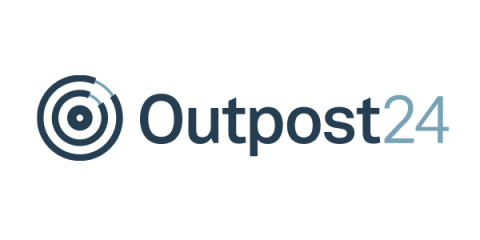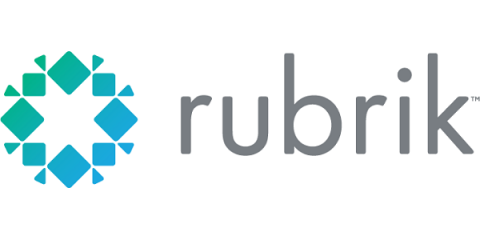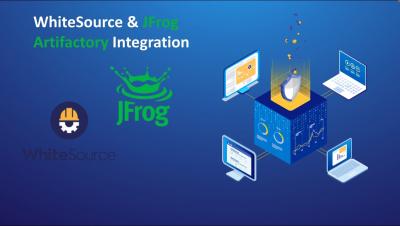Security | Threat Detection | Cyberattacks | DevSecOps | Compliance
Security
2022 Cybersecurity Predictions
2021 was the year businesses continued to adapt to new working patterns, digital transformation and battle the increasing threats from ransomware attacks. Here our panel of security experts share their predictions for the key security challenges and trends to look out for in 2022 ensuring you can beat the hackers at their own game.
Detecting and blocking unknown KnownDlls
This is the second in a two-part series discussing a still-unpatched userland Windows privilege escalation. The exploit enables attackers to perform highly privileged actions that typically require a kernel driver. Part 1 of this blog series showed how to block these attacks via ACL hardening. If you haven’t already, please read the first part of this series, because it lays an important foundation for this article. Interested readers can also check out the excellent Unknown Known DLLs...
WatchGuard's 2022 Predictions
In our 2021 Security Predictions, the WatchGuard’s Threat Lab team anticipated that authentication would be the cornerstone of strong security. “With billions of usernames and passwords ripe for the picking on the dark web and the prevalence of automated authentication attacks, we believe that any service without MFA enabled will be compromised in 2021,” said WatchGuard CSO Corey Nachreiner.
Simulating Filesystem Tree with Billions of Files: Part 2
Following up on our Simulating Filesystem Tree with Billions of Files series, let's imagine that we want to create a filesystem with 1 billion inodes in memory. At this scale, every single byte used to represent the inode will use 1GB of memory. Just with the inode numbers, each with 8 bytes, will use at least 8GB of memory. If we consider, conservatively, that each inode will use approximately 50 bytes of space, it will not be feasible to store this information in memory.









